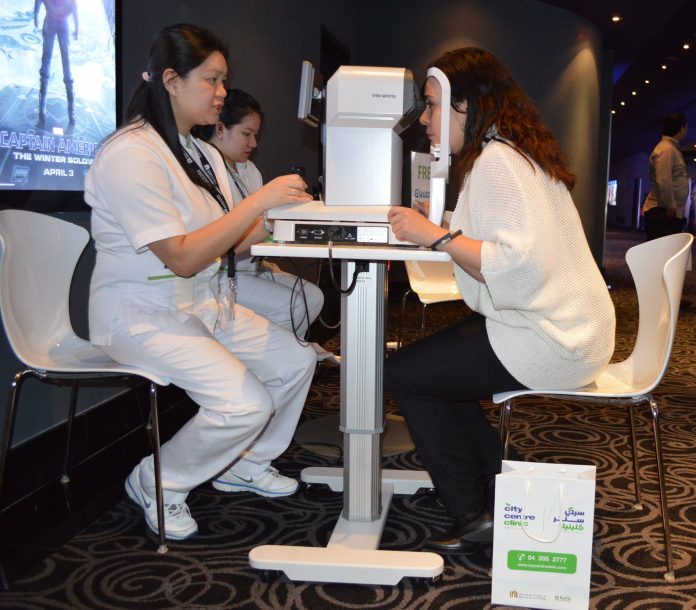
Report suggests people with elevated glucose levels are twice as likely to develop hearing impairment
Doctors in Dubai based Canadian Specialist Hospital are urging their diabetic patients to get their ears checked annually. Diabetes is associated with various complications such as neuropathy, nephropathy and retinopathy. For the untrained, these terms refer to nerve damage (particularly in the extremities such as the foot), retina damage and kidney damage. But what most patients and by large the general population may not be aware that diabetes is related to irreversible hearing loss.
The prevalence of Diabetes in the country, while it has recently fallen, is still a cause of concern. The International Diabetes Federation reports over 1.185.500 cases of diabetes in UAE in 2017. A number that goes up to 39 million people in the MENA Region and 425 million people worldwide. People who are a part of the statistic need to be aware of another complication that may affect them, especially if they aren’t able to manage their blood sugar levels.
According to Dr Sarla Kumari, Specialist Physician Diabetologist, Canadian Specialist Hospital said, “Diabetes is a condition where the blood levels of glucose are higher than normal. These increased glucose concentrations form fatty deposits in the blood vessel walls. Over time, the fatty deposits cause hardening of the blood vessel walls and this can give rise to cardiac problems, eye problems and kidney problems. If the small blood vessels in the ear are damaged cause hearing disability. If unchecked, the disability may lead to irreversible hearing loss in all frequencies.”
A study published by the National Institute of Health found out that people suffering from diabetes are more than twice as likely to develop some sort of hearing impairment than those without the disease. The same is true for pre-diabetics as well. While their blood glucose levels were not high enough to qualify to be deemed diabetic a similar higher percentage of people were found to develop hearing loss than those with normal fasting blood glucose levels.
Dr Sarla added, “We have observed patients with uncontrolled diabetes complain about buzzing sound or other auditory symptoms. This is primarily due to lack of proper blood circulation in their inner ear. While these complications are overshadowed by the more popularly known conditions such as cardiac problems, kidney failure, amputation or blindness, patients should be careful about the health of their ear as well and similarly get it regularly checked, at least once annually.”
While the loss in hearing is irreversible, diabetic patients can take precautions to protect their hearing. While in high decibel environments such as concerts, or heavy traffic area use earplugs. Be careful about the volume levels while listening to music or talking on the phone. And more importantly, inculcate a healthier lifestyle in terms of incorporating exercise and healthy eating habits to keep those glucose levels in check.




































